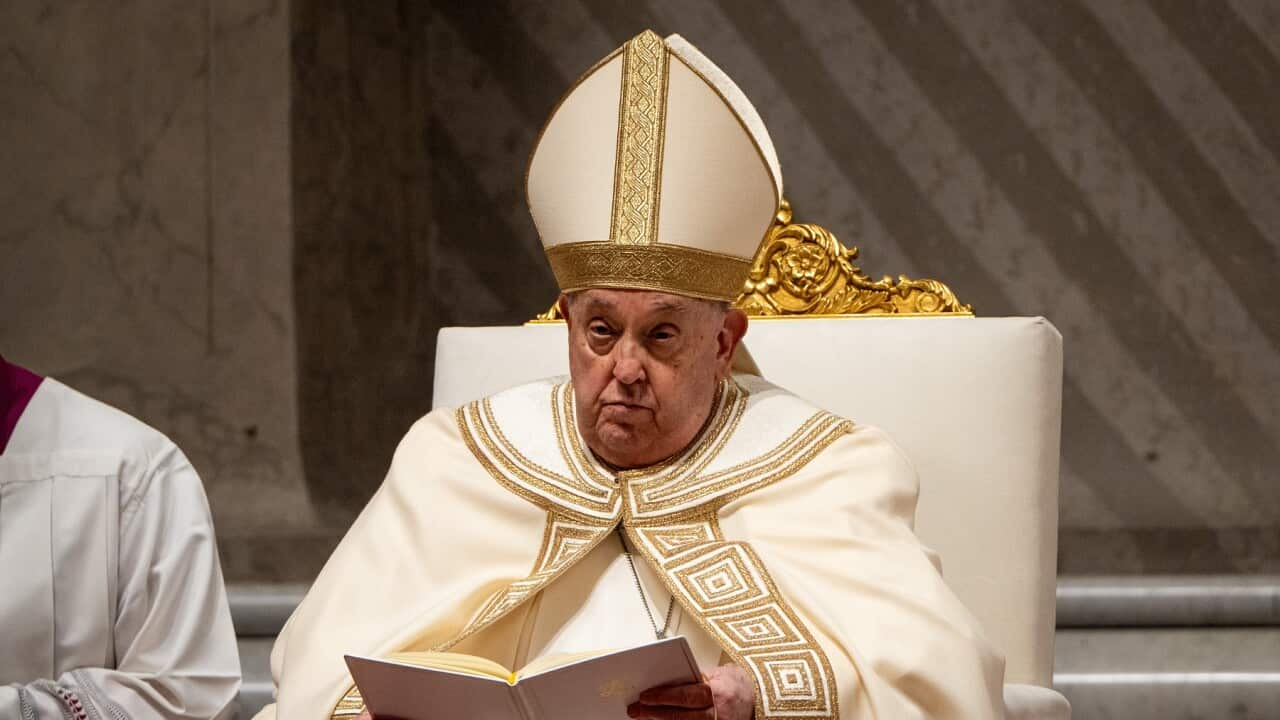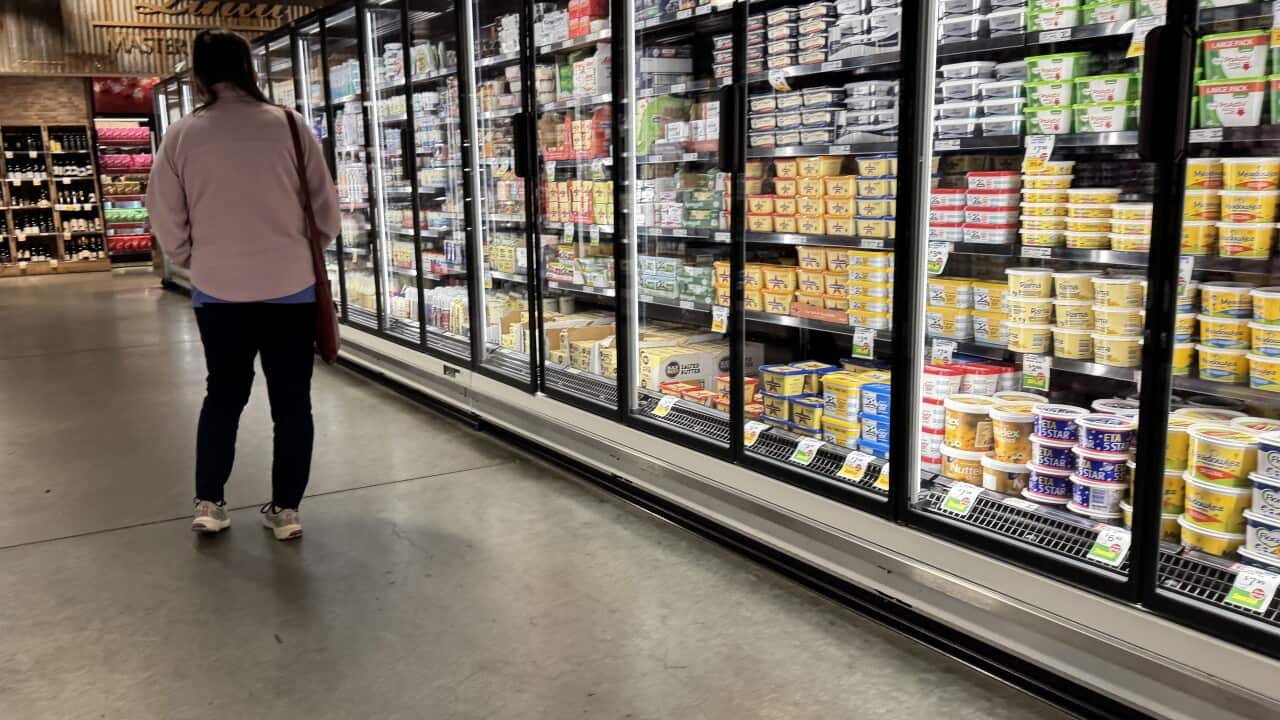A police official in Bangladesh has revealed officers may have mistakenly shot dead a hostage at a Dhaka restaurant, believing he was an attacker.
Authorities continue to interrogate two men over the assault that left around 28 people dead.
The self-proclaimed Islamic State, or I-S, claims responsibility for the attack, but the government insists international militants have not gained a foothold in Bangladesh.
Investigators are also continuing to look at whether one of attackers was a former student at Monash University's Malaysia campus.
Meanwhile, in the streets of Dhaka, hundreds of social activists gathered, both to mourn victims and to protest against Bangladesh's worst-ever militant attack.
As families from Bangladesh, Italy, Japan, India and the United States continued to bury their loved ones, the stories continue to emerge from the 12-hour ordeal.
Police Inspector-General Shahidul Haque broke down as he recounted last Friday and Saturday's (july 1-2) hostage drama and rescue attempt - "I told an official to keep the operating theatre ready. Then suddenly someone told me the person expired. I could not save him, he died in front of me."
As police interrogate the lone surviving attacker and a second suspect, a police official has revealed officers may have mistakenly shot dead a hostage, believing he was an attacker.
More details have emerged about the attackers, whose photos were released, proudly, by I-S early in the ordeal. Officials say most of them had been to prestigious schools or universities in Dhaka or Malaysia.
Officials say most of them had been to prestigious schools or universities in Dhaka or Malaysia.

People help an unidentified injured person after a group of gunmen attacked a restaurant popular with foreigners in Dhaka. Source: AAP
One may have studied at the Kuala Lumpur campus of Melbourne's Monash University.
The Facebook account of Nibras Islam states he was the treasurer in the university's International Student Services section before he disappeared in February.
Monash will not confirm whether Nibras Islam was a student there, only releasing this statement - "The University hasn't received or seen any official confirmation from authorities as to the identity of the attackers, only media reports and social-media discussions. Today, Monash University Malaysia met Malaysian authorities to discuss these reports."
One assailant was the son of a politician.
And the father of yet another, Meer Saameh Mubasheer, says his son was immature and likely to have been easily influenced by a militant group.
Meer Hayet Kabir addressed other devastated families - "I want to apologise to them. He has got his worldly punishment, but I don't know how involved he was, how willingly he was involved."

Relatives of the Dhaka terrorists attack victims mourn as they go to identify bodies from the Holey Artisan Bakery in Dhaka, Bangladesh 02 July 2016. Source: AAP
Dhaka remains a city in fear, with I-S claiming responsibility but the government insisting the perpetrators were home-grown militants from the group Jamaat-Ul-Mujahideen.
Senior police have acknowledged police units must become more professional and better able to deal with crisis situations.
One Chinese businessman says future foreign investment may depend on improved security - "Since yesterday, many businesses such as cafes and restaurants, have closed. They dare not open, because many of their customers are foreigners."
People of Bangladeshi origin living abroad have appealed to youths not to kill in the name of religion and participate actively in eradicating social evils from society.

Bangladesh-Terror-Attack-India




